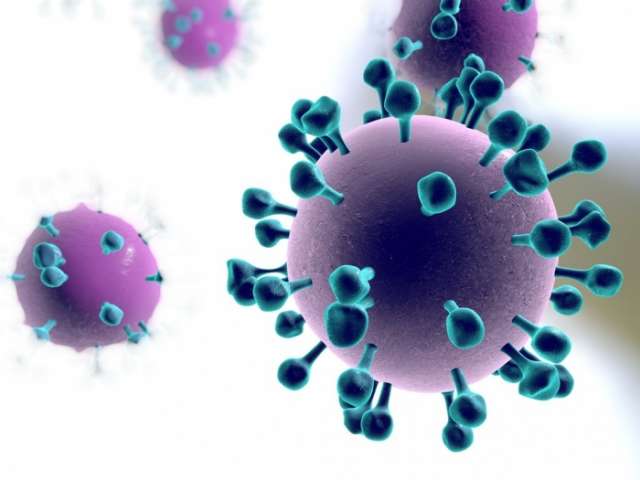The reason we keep needing a new flu jab every year is because the darn virus keeps mutating, with several strains floating around the environment at any one time.
Global coordination allows epidemiologists to settle on the few strains that appear the most prevalent year-to-year, and produce a vaccine against those.
This method has varied levels of success depending on how the virus shifts during the vaccine production period, which can take several months.
Naturally, our lives would be much simpler if we could just get one "universal" flu vaccine shot that could protect against most strains for a longer period of time - and now it looks like Vaccitech, a private spinoff of Oxford University in the UK, is getting closer and closer to that goal.
The company, which just announced it's scored US$27.6 million from investors including Alphabet Inc.'s venture capital arm GV, has already started a two-year Phase 2 clinical trial on their universal flu vaccine.
Vaccitech's patented vaccine MVA-NP+M1 has so far been successfully tested for safety across 145 people, so the next step is to find out if it's actually good at protecting humans against the flu.
Why is it so challenging to make a universal flu vaccine? If you look at the ever-shifting influenza virus under the microscope, it basically looks like a spiky blob. Those spikes contain two types of protein - haemagglutinin and neuraminidase - which escort the virus through our cells, causing infection.
It's those two rapidly-shifting proteins that keep scientists on their toes, forever devising new vaccines that can target the latest strain.

MVA-NP+M1 is supposed to work differently from the regular influenza vaccines. It's intended to boost those T-cells - a type of immune cell - that are already familiar with the flu, and uses the stable core material of the virus to do so.
Unlike the proteins on the surface, in influenza type A - the most common source of infection for us - those core proteins hardly change, making them a potentially great vaccine target.
The world-first trial is currently testing the vaccine's efficacy in 862 people aged 65 and older, and the researchers are estimating to complete this effort by October 2019.
During the trial, all participants will be getting the regular flu vaccine in addition to either the new universal one or a placebo shot. The researchers hypothesise that their new vaccine should increase the volunteers' protection against the flu better than if they only received the annual jab.
If that turns out the case, the vaccine could be moved forward to final Phase 3 trials.
"If we get positive data that shows we can affect rates of hospitalisation and illness with influenza then there is no question in my mind that a partner would take this on," Vaccitech CEO Tom Evans told Reuters.
"This could be a game-changer in a very competitive market."
MVA-NP+M1 is not the only universal flu vaccine in the works, although it's definitely the technology that's farthest along in terms of actually being tested in people. According to Evans, if all goes well, it may even be on the market within 5 to 7 years.
More about: #Vaccine










-1745485667.jpg&h=190&w=280&zc=1&q=100)





































